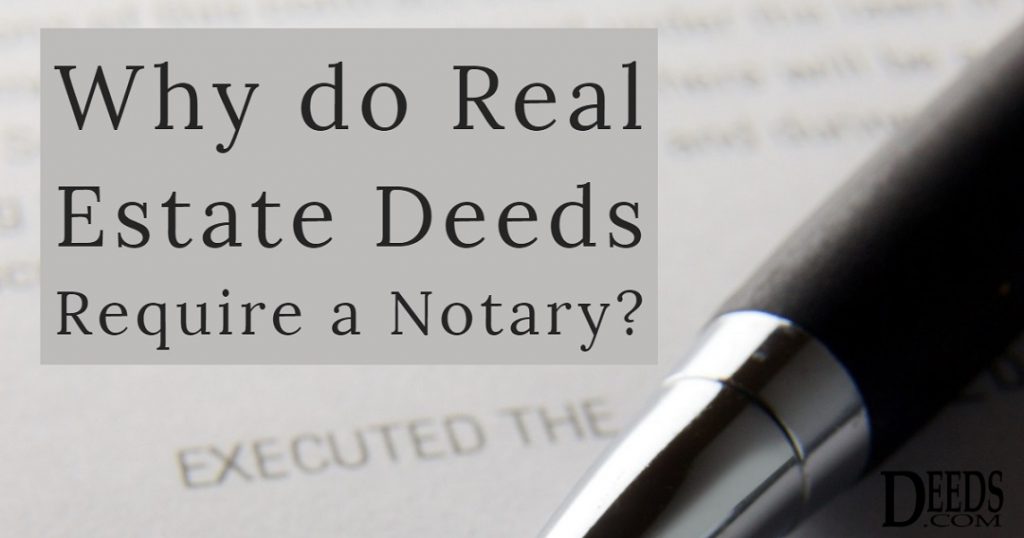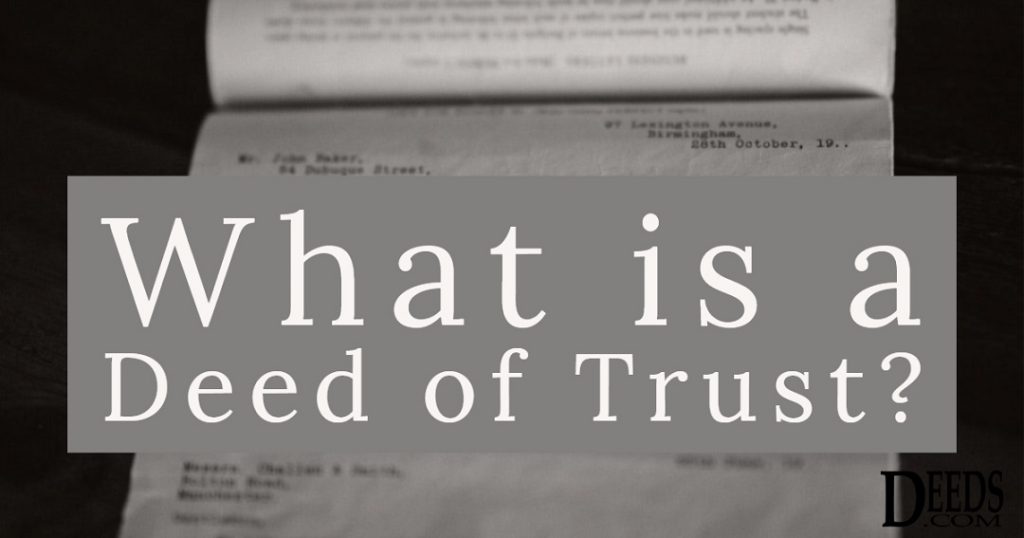
Rises in property values are great news for city homeowners. On the other side of the coin, they make the home buying journey that much steeper for buyers. Gentrification of near-downtown areas can make personal finances harder to handle, as property taxes go up. This is a constant challenge for U.S. cities.
Urban renewal shouldn’t mean pricing people out of the city. With that thought in mind, residents themselves are writing the next chapter in the story of affordable real estate: lasting affordability. In their quest to create permanently affordable housing, community members and leaders are teaming up to form land trust coalitions.
Continue reading “The Land Trust Approach to Affordable Housing”








